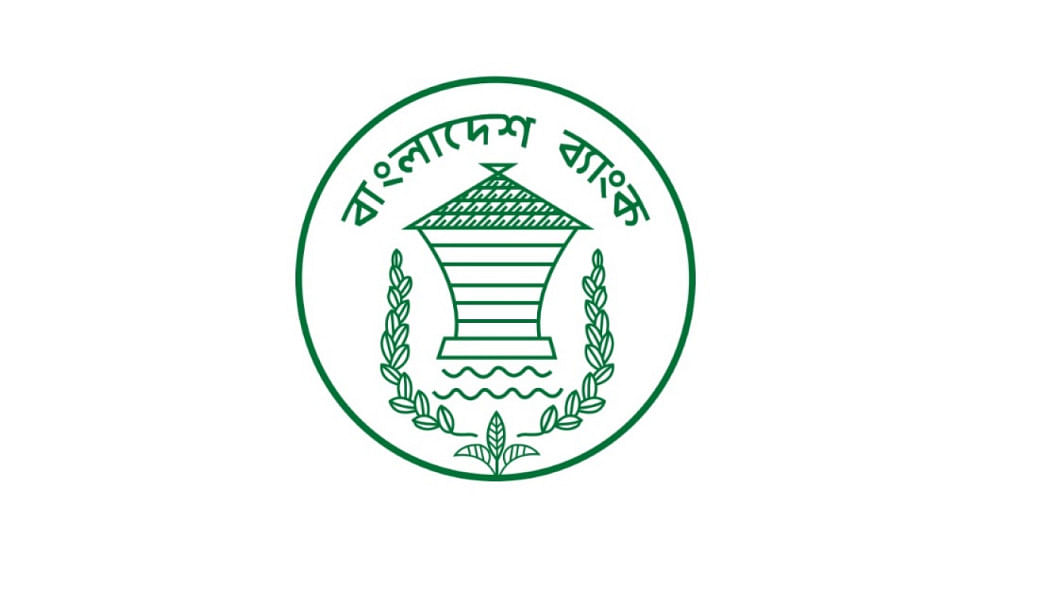Draft rules published for digital payment operators

Bangladesh Bank has published a draft regulation aimed at modernising the country's fast-growing digital payment ecosystem, opening up new possibilities for fintech innovation and safer transactions.The draft Payment System Operator (PSO) Regulations—released this week by the central bank's Payment Systems Department—seek feedback from banks, fintech companies, and other industry players before being finalised.PSOs will not be allowed to issue e-money and must settle all transactions through lic...
Bangladesh Bank has published a draft regulation aimed at modernising the country's fast-growing digital payment ecosystem, opening up new possibilities for fintech innovation and safer transactions.
The draft Payment System Operator (PSO) Regulations—released this week by the central bank's Payment Systems Department—seek feedback from banks, fintech companies, and other industry players before being finalised.
PSOs will not be allowed to issue e-money and must settle all transactions through licensed commercial banks.
Applicants must be registered under the Companies Act, 1994. The application fee is set at Tk 50,000 and the licence fee at Tk 5 lakh.
The draft classifies PSOs into five categories: Merchant Acquiring, Payment Switching, ATM/CRM Acquiring, Payment Initiation Service (PIS), and Card Scheme.
Minimum paid-up capital requirements vary across categories: Tk 1 crore for Merchant Acquiring, Tk 20 crore for ATM/CRM Acquiring, Tk 10 crore for Switching Services, and Tk 2 crore for Payment Initiation Service.
Officials said the draft aligns with the Payment and Settlement Systems Act, 2024, and is designed to bring non-bank payment operators under a clear regulatory framework to strengthen oversight, improve risk management, and boost consumer confidence in digital payments.
At the core of the proposed regulations lies an innovation called the Payment Initiation Service (PIS) — a third-party mobile application that lets users link multiple bank accounts and digital wallets and make transactions with a single click.
With the customer's explicit consent, a PIS app will allow direct fund transfers from bank accounts without holding or storing customer money.
The service also will not use escrow accounts, ensuring that payments happen safely and transparently through the user's own bank.
Bangladesh Bank officials said this marks a step toward open banking and account-to-account (A2A) payments in Bangladesh — a concept already popular in advanced digital economies.
"This will make online shopping, bill payments, and business transactions far simpler and faster," said a senior central bank official involved with the draft. "Even banks without their own apps can now enable digital transactions through PIS platforms."
PSOs will also need to maintain an ongoing capital reserve linked to their average monthly transaction value over the past year.
Each operator will be required to put in place a comprehensive risk management framework covering liquidity, operational, fraud, and money laundering risks.
They must preserve transaction data for at least 12 years, and any major data breach or operational failure must be reported to Bangladesh Bank within 24 to 72 hours.